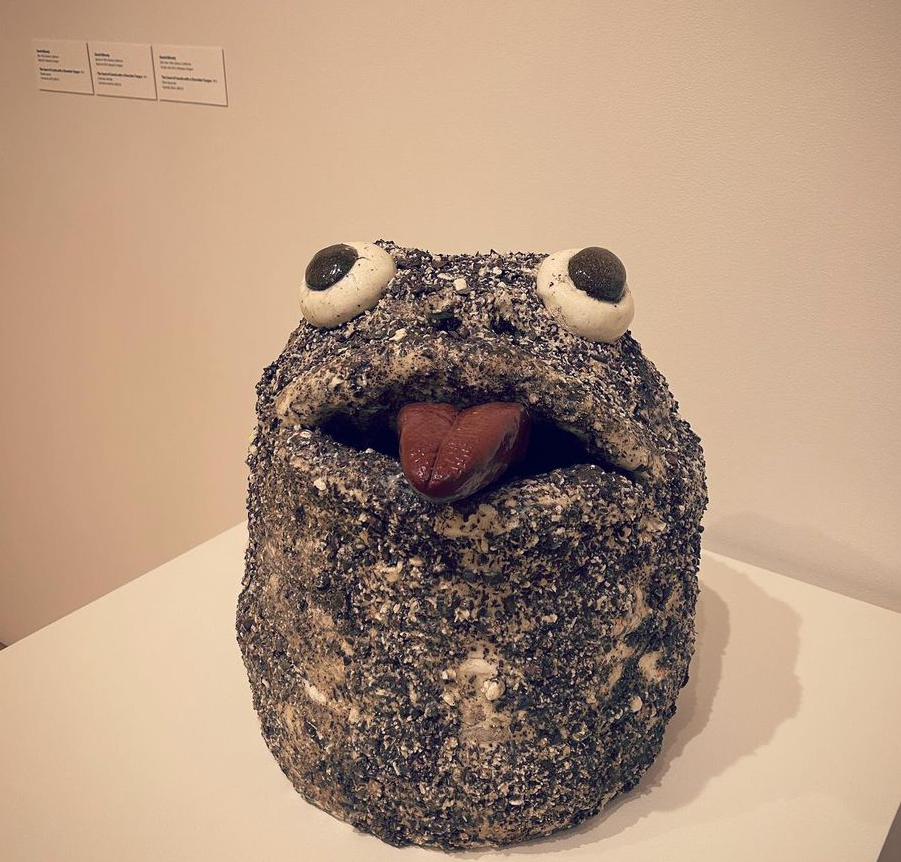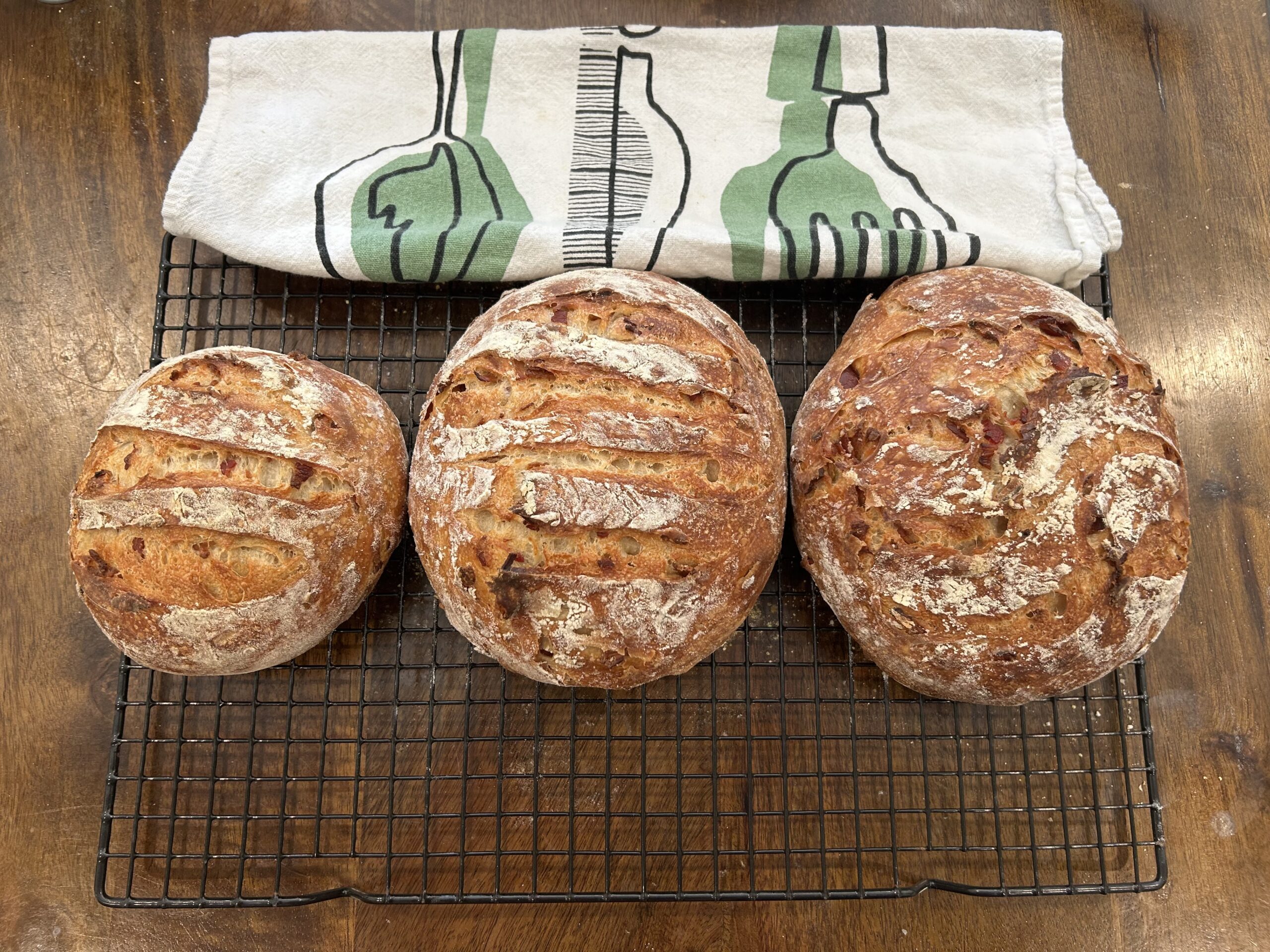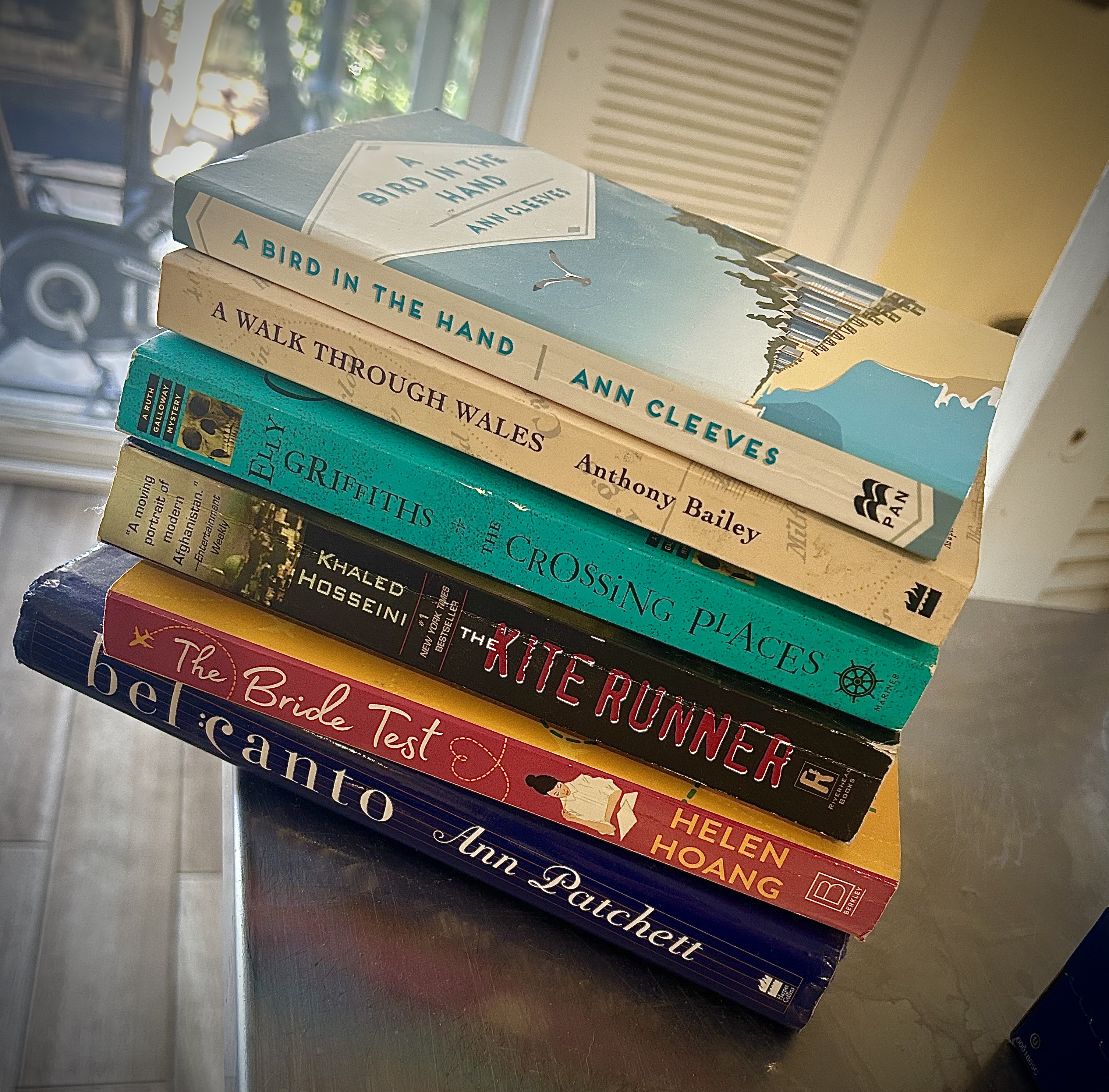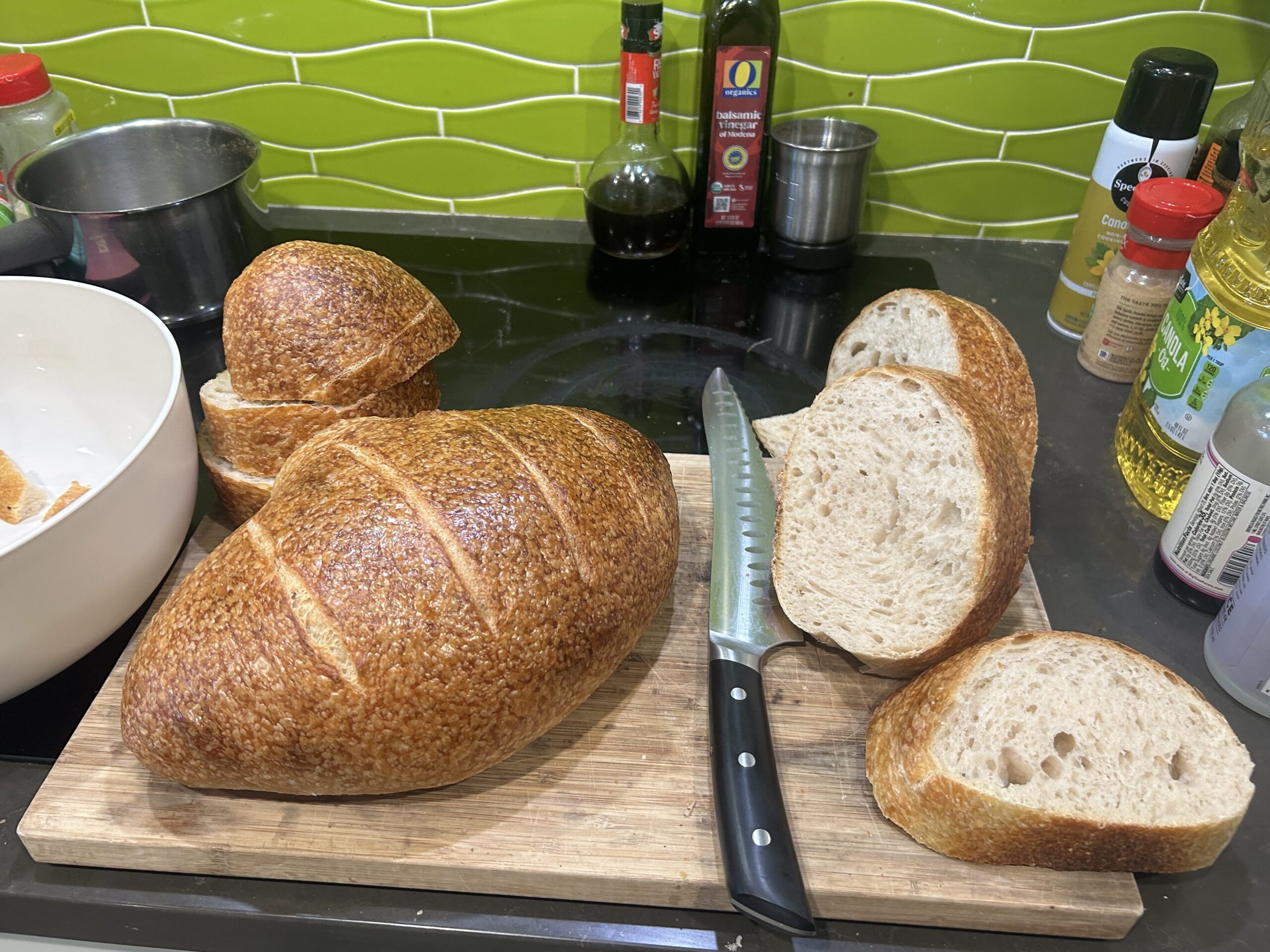On writing: the superpower of smell

Not everything you write needs to be for other people.
But if you’re writing something you want someone else to read, you need to make a connection.
I love how writer Michael Chabon calls this a handshake. The writer puts their hand out to make a connection with their words; the reader completes the handshake.
This is one of my favorite aspects of writing. When someone reads something I’ve written, and it connects with their experience—and they let me know.
When I’m teaching writing to my high schoolers, I tell them that there are a few good ways to make that connection: baring a bit of your soul, keeping your writing active (verbs, people!) and using your five senses. I have the students draw around their hand, then write each of the five senses on the fingers of their drawing. Then I challenge them to use each one of the senses in a piece of writing. This is usually their personal narrative essay, in which they describe an experience they’ve lived through and bring the reader along with them.
You were there: What did it feel like? What did it look like, sound like, taste like? Smell like?
When your writing touches on a smell in a description, it triggers a deep connection in the reader. You are suddenly speaking the same “scent language.”
Since I’m starting a new cozy mystery series—taking place in a bread bakery—I am challenged to focus on the sense of smell in my descriptions.
Of all the favorite smells, freshly baked bread is often number one. According to a survey in the UK’s The Daily Mail, it’s followed by bacon, freshly cut grass, coffee, cakes baking and the smell of the ocean.
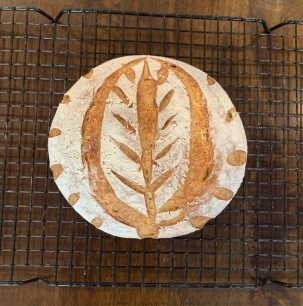
The sense of smell is different from the other senses in that it plunges you right into the spot in the brain that retains and processes memories. When your writing touches on a smell in a description, it triggers a deep connection in the reader. You are suddenly speaking the same “scent language.” There are some obvious uses for this: descriptions of nature, food, and weather. Think of the earthy, menthol scent of fir trees, of the deep smells of lilacs or freesias.
What about food? My family lived for a time in a city where ketchup was made; on my walk home from school, I savored that tomatoey smell, sweet and vinegary, all the way home. On thanksgiving morning when I was a child, our house was a feast of scents: the savory, rich smell of turkey roasting in butter and its own juices; sage- and onion-scented stuffing and creamy, spicy pumpkin pie fresh from the oven, its buttery (or Crisco-y in our house!) crust, something you wanted to pick at and eat when your mom’s back was turned.
I’ve read a lot of cautions not to start a book with a description of the weather. It’s been done to death. But what if you start with a description that includes the smell of the weather? A day so hot you can smell the tar or asphalt melting on the street. A day where rain has just fallen after months of dry, hot weather—there’s a fresh, lemony tang in the air with a hint of licorice. I had an uncle in Nebraska who swore that the air before a tornado had a very specific musty smell.
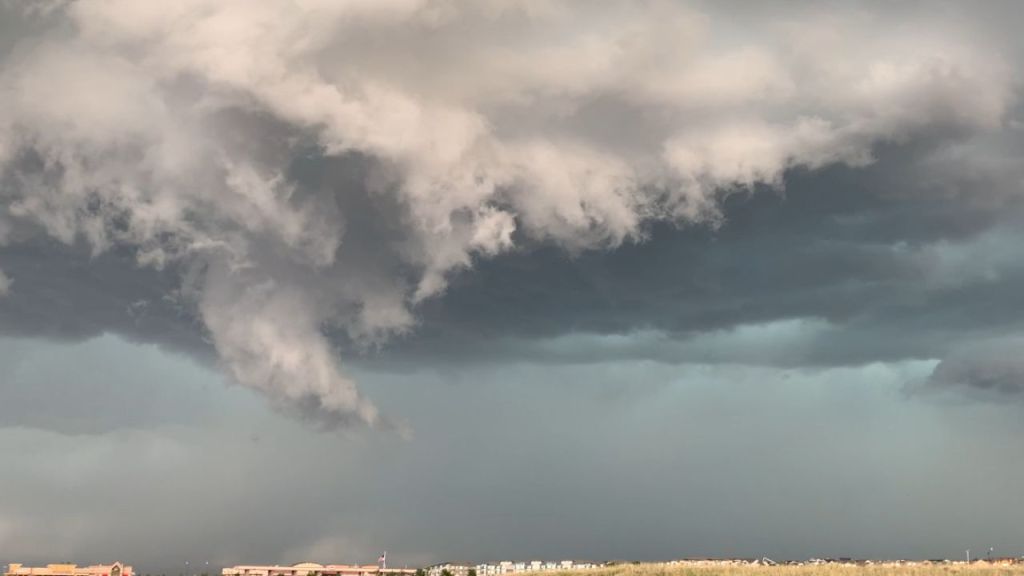
People tend to remember what they’ve smelled longer than what they’ve seen or heard. Maybe part of the reason writers don’t often write about smells is that there are some really bad smells, and we remember them all too well.
Or it’s not as common for writers to write about smells, so we’re not used to reading descriptions of them. Maybe we need to get creative and write some of our own.
Let’s take advantage of the power of smells and its unique wormhole into the memory.
What is your favorite smell?
Got a description of a smell you remember? Feel free to share it in the comments!


